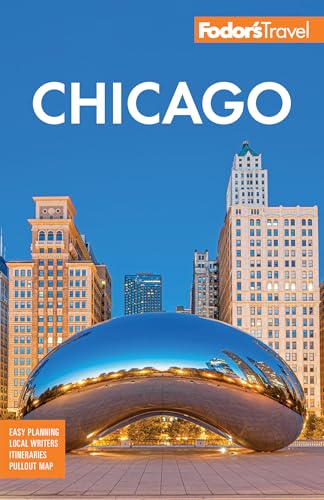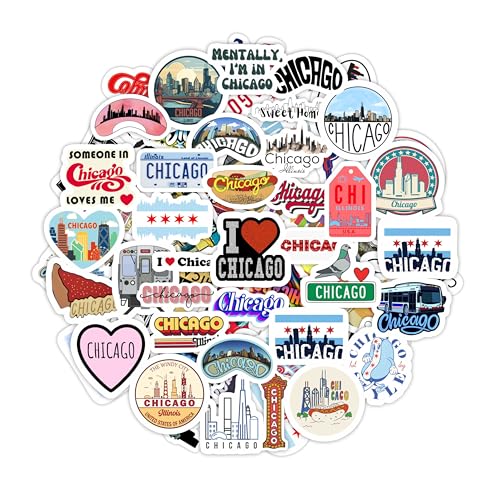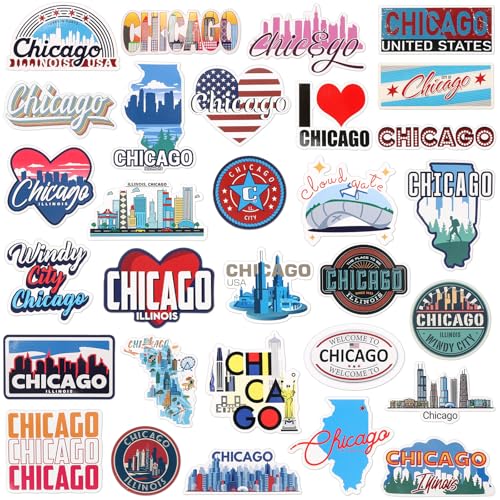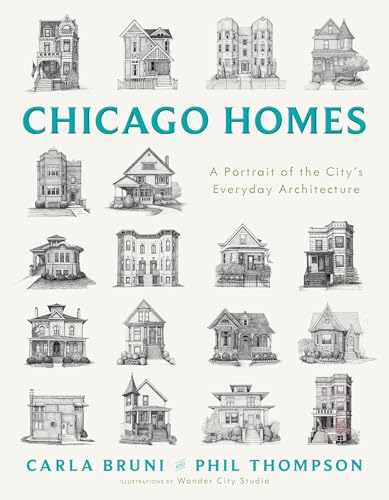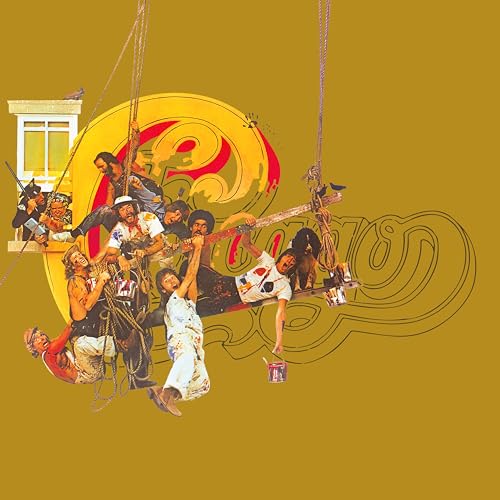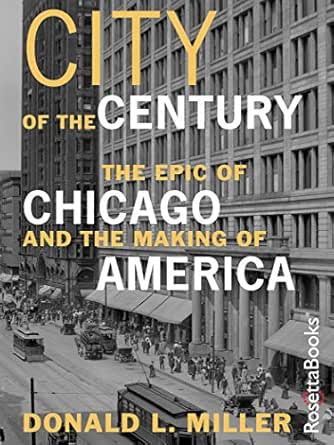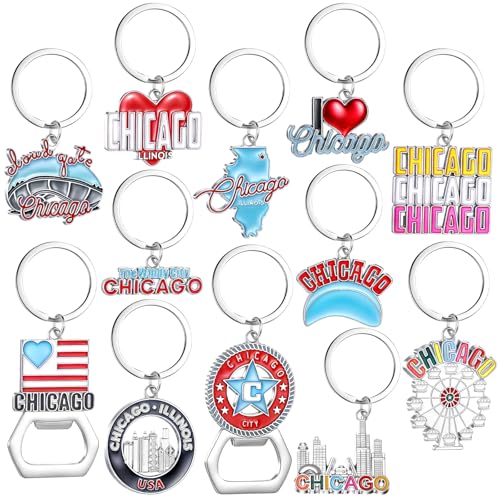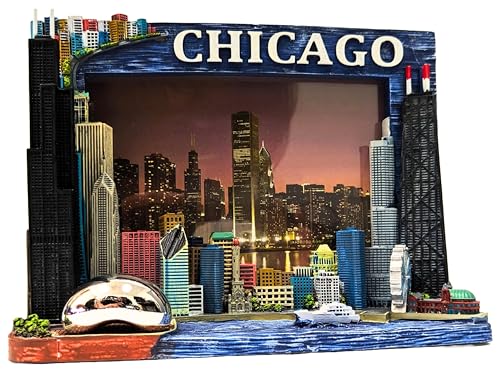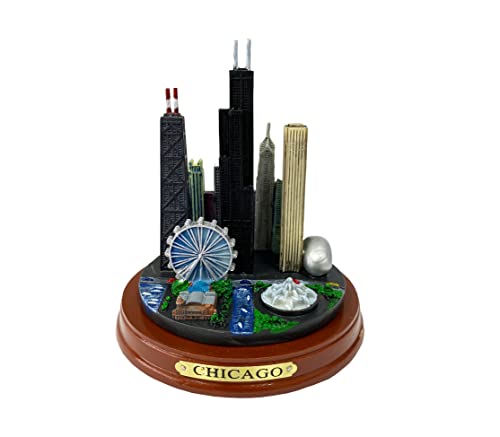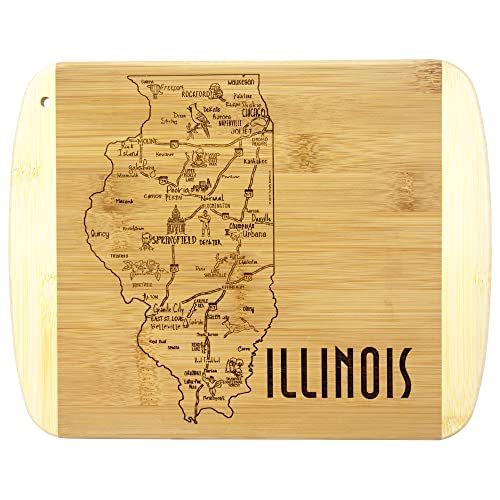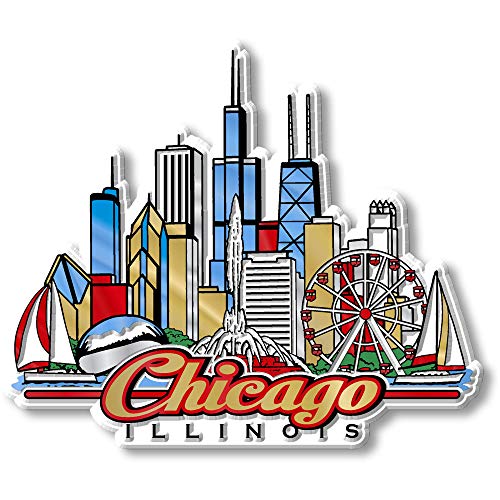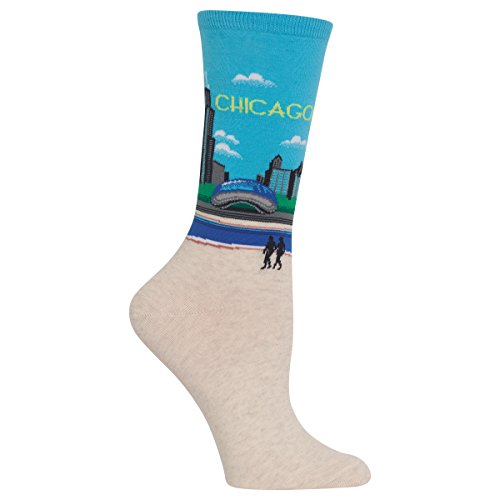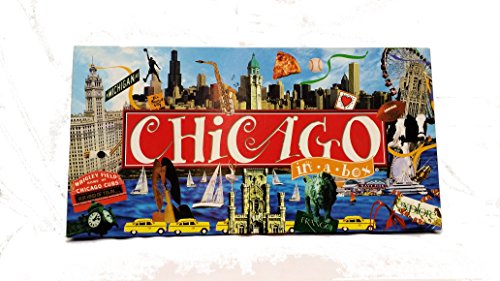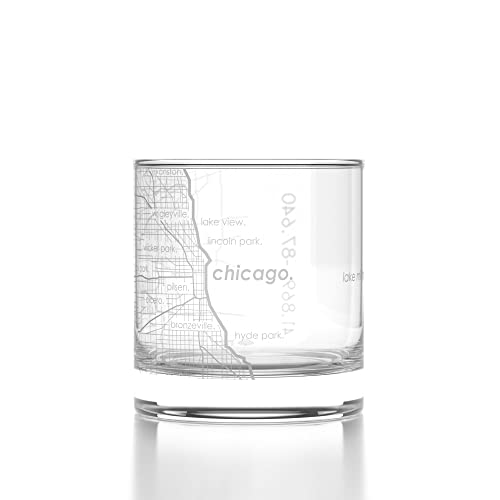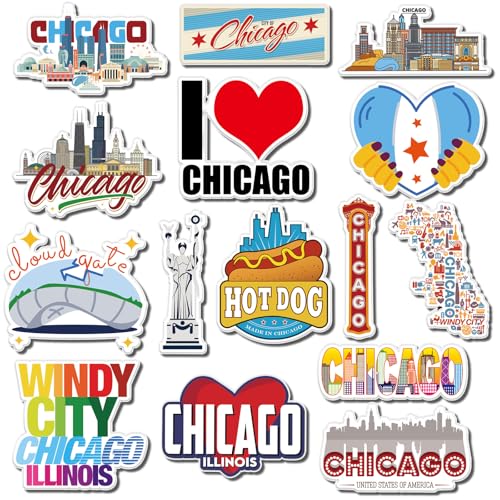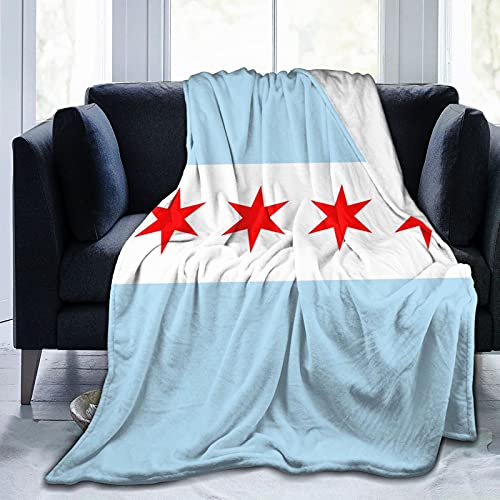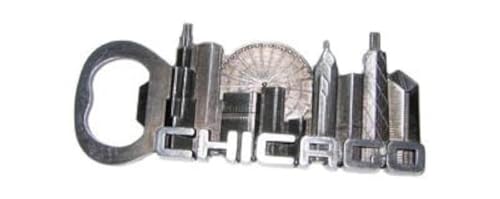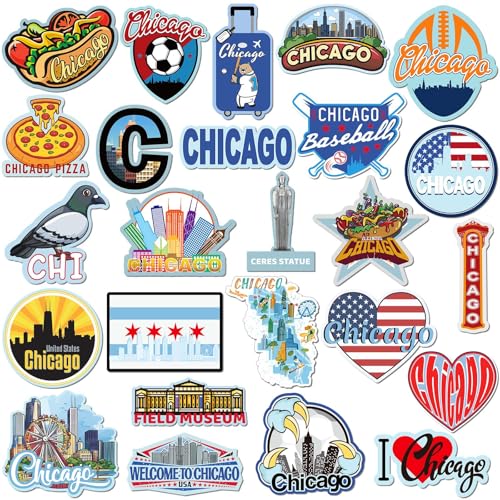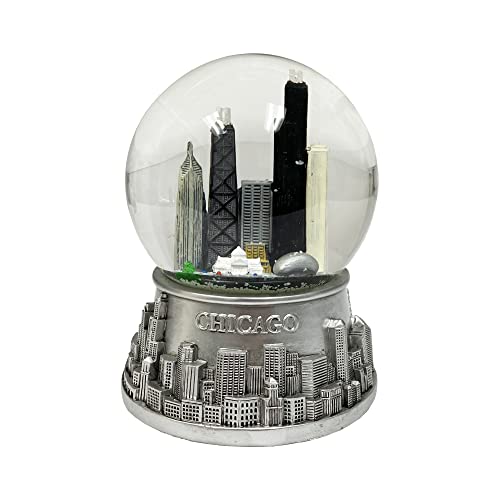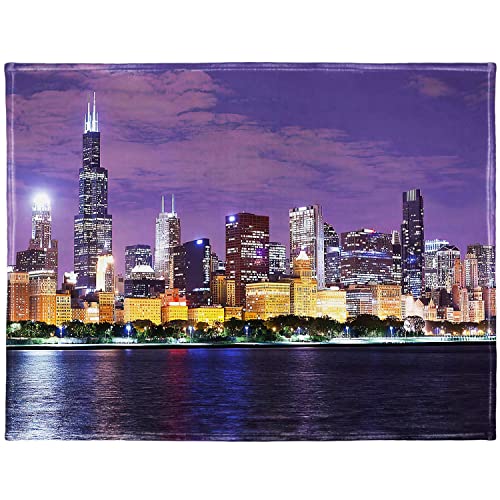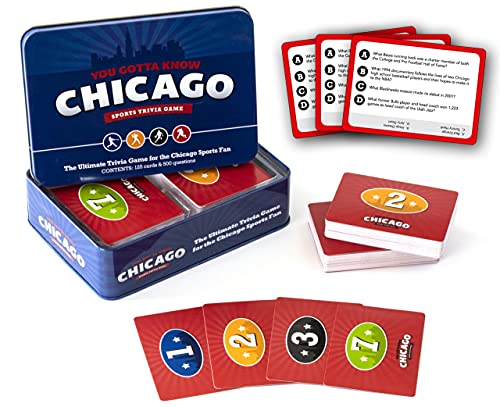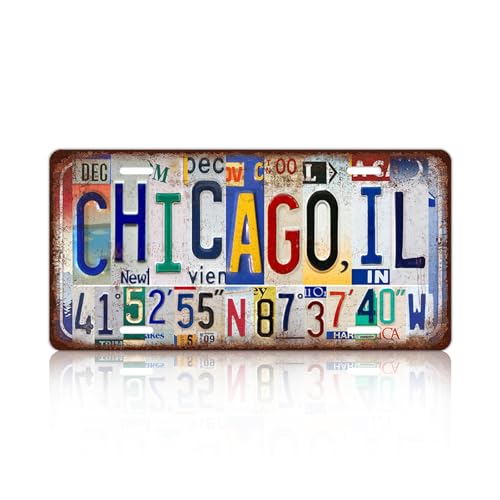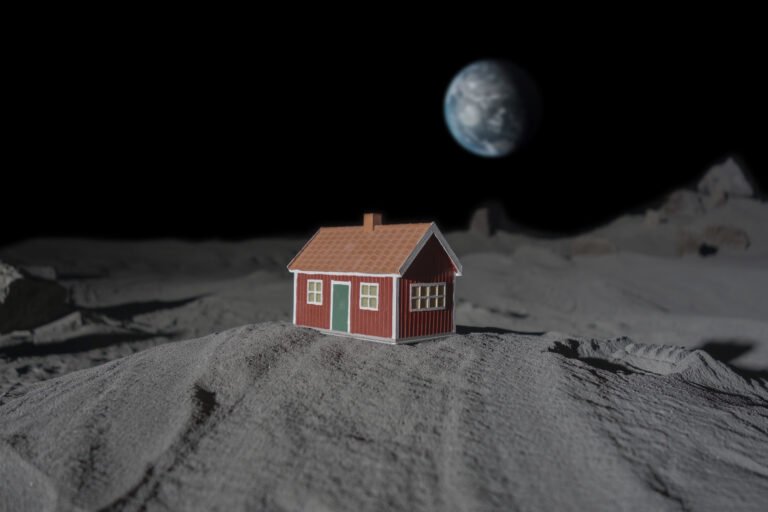
CHICAGO — Federal immigration raids in the South Shore area of Chicago have sparked a significant wave of protests and intense political backlash following an operation by Immigration and Customs Enforcement (ICE) agents who invaded an apartment complex late Monday night, detaining residents and facing accusations of excessive force and racial profiling.
This operation, which is part of a larger federal enforcement initiative known as “Operation Midway Blitz,” featured heavily armed ICE agents, military-style vehicles, and even a Blackhawk helicopter. Eyewitnesses recounted distressing scenes, including children being zip-tied, the use of flashbang grenades, and damage to property during the early morning raid.
“It was terrifying,” said one resident.
Pertissue Fisher, who lives in the building close to 75th and South Shore Drive, reported that agents burst into her hallway at approximately 10 p.m., yelling “police” and aiming guns at the residents. She and several others were reportedly held for hours and interrogated before being set free.
Footage from the Citizen app along with accounts from witnesses documented the turmoil. Some residents allege that individuals were divided based on race and immigration status, and that damage was inflicted on property during the forced entry.
Federal officials later confirmed that the FBI supported Border Patrol during what they called a “targeted immigration enforcement operation.” Border Patrol leadership cited concerns about gang activity and public safety, naming violent international groups such as Tren de Aragua as justification.
Political Fallout: Trump Calls for Military Use in Cities
On Tuesday, President Donald Trump escalated tensions by suggesting cities like Chicago be used as “military training grounds,” calling them “war zones” plagued by crime. He made the comments during a meeting with defense officials, raising alarm among city and state leaders.
“American cities are not training grounds for the military,” said Chicago Mayor Brandon Johnson, calling the remarks “appalling.”
Illinois Governor JB Pritzker reiterated these concerns, cautioning that the Trump administration is trying to militarize law enforcement under the pretense of ensuring public safety. He promised to take legal action if troops are sent in.
At the same time, sources from the DHS confirmed that there are talks about deploying 100 National Guard troops to Chicago to safeguard federal agents during the ongoing protests and confrontations.
In reaction to the South Shore raid and the enforcement actions over the weekend in downtown and at the Broadview ICE facility, hundreds of demonstrators blocked streets on Tuesday night, marching along Michigan Avenue and taking over sections of Wacker Drive.
Organizers from groups such as the Coalition Against the Trump Administration accused ICE and DHS of engaging in racial profiling, separating families, and using militarized intimidation.
“We’re not just witnessing immigration enforcement. We’re watching a federal occupation,” said protester Mohamed Douhabi.
Federal Charges Filed Against Protesters
Four people have been federally charged for assaulting and resisting law enforcement during protests at the Broadview facility over the weekend. Prosecutors claim that one individual threatened officers and leaped onto a Homeland Security vehicle. Court documents indicate that two others were legally armed but engaged in physical altercations.
The Department of Homeland Security reported that 11 additional protesters were arrested on Monday night. Images shared on social media displayed firearms and other confiscated items.
A Divided Response
While Democratic leaders criticized the federal presence, some Republican lawmakers suggested that deploying the National Guard might help restore order.
“If it works, it works,” said Republican State Rep. Tony McCombie. “We need to keep people safe.”
Still, civil rights groups and city officials maintain the current enforcement tactics are excessive and unconstitutional.
“This isn’t about public safety,” said Pritzker. “It’s about fear, division, and consolidating power.”
As tensions escalate, the exact number of individuals who were officially detained or deported after the raids remains uncertain. This situation has energized community organizations, ignited legal battles, and heightened the conflict between state and federal authorities regarding the future of immigration enforcement in U.S. cities.

